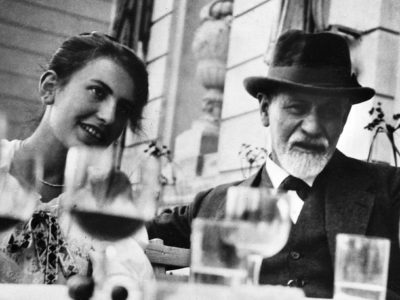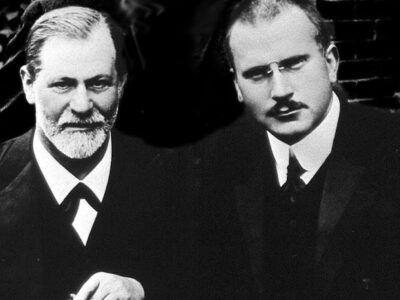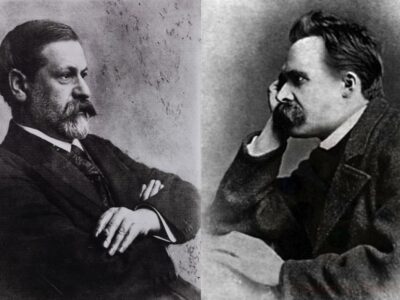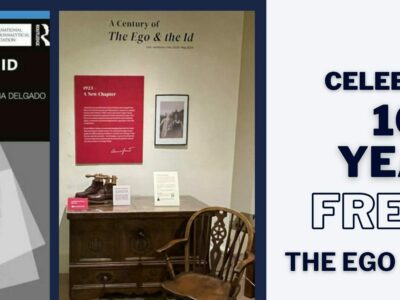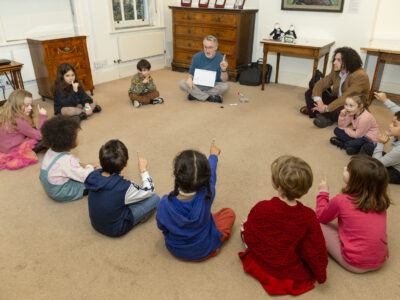
- This event has passed.
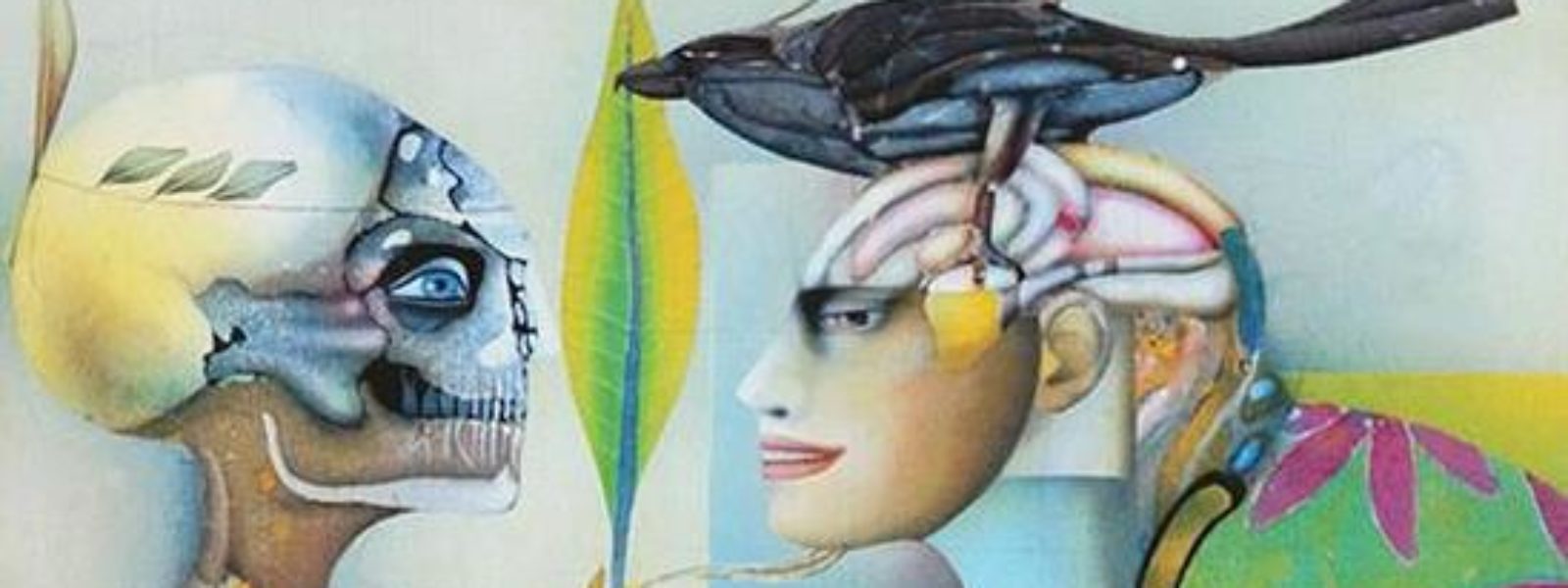
This course will take place online over 2 days: 30 June and 1 July 2022, from 13.30 – 17.00 British Summer Time each day (time includes a tea break). All attendees will also receive access to the recording, available for 1 month. This series is run annually and will always be adjusted from the previous year with the latest reading.
In the period immediately following World War II, existentialism was the leading philosophical movement in European thought, and Jean-Paul Sartre, its most famous exponent, was a colossal figure on the intellectual scene. Sartre’s critique of Freud was a major factor in the writing of his early masterpiece ‘Being and Nothingness’ (1943), and in that work he proposed a new discipline: ‘existential psychoanalysis’. By the mid 1960’s however, Sartre was no longer a leading figure: his dominant position had been taken over by others, including Michel Foucault and Jacques Lacan, who took their philosophical inspiration from his great German predecessor Martin Heidegger. On this course we will examine in detail the relation of psychoanalysis to existentialism, and explore the way in which the growing ascendency of Heidegger moved the cutting edge of French intellectual life beyond existentialism towards post-modernism. In the Anglo-Saxon world, meanwhile, the post-Second World War period saw the beginning of a long-running and heated debate on the scientific status of psychoanalysis, and we will review the main positions and arguments in this debate.
Session 1: We will examine the existentialist critique of Freud, studying Sartre’s ‘existential psychoanalysis’ – proposed as a replacement for the Freudian version. We will also explore the close relationship between the themes of the novels of Sartre and Camus, and the plays of Samuel Becket, and the ‘Object-Relations’ school of psychoanalysis (noting the personal encounter between Becket and Wilfred Bion).
Session 2: We will study Martin Heidegger’s ‘Being and Time’ (1920), undoubtedly one of the most important and powerful philosophical works of the 20th century. We will explore Heidegger’s analysis of human existence, and his philosophical critique of modernity, culminating in his later work on the violence of modern technology, which he contrasts with the true essence of human ‘be-ing’ as peaceful ‘dwelling’.
Session 3: In this session, we will review the debate over the scientific status of psychoanalysis, which unfolded in the English-speaking world over the second half of the twentieth century, critically examining the contributions of Karl Popper, Adolf Grunbaum, Paul Ricoeur, and Jurgen Habermas and others.
Session 4: Finally, we will examine the Post-Modern critique of the self – in the work of Michel Foucault and Jacques Lacan. We will explore Foucault’s ‘Madness and Civilisation’ (1961) and ‘The History of Sexuality volume 1’ (1976), studying his changing evaluation of Freud and psychoanalysis in these works. And we will engage with Lacan’s brilliant synthesis of Freud and Heidegger.
A limited number of bursary places are available for those under financial hardship. Bursary places will grant access to the live and recording access for £15. We will try to give away as many bursaries as we can, but priority will be given to UK unemployed and PIP/ESA claimants. Please apply here.
